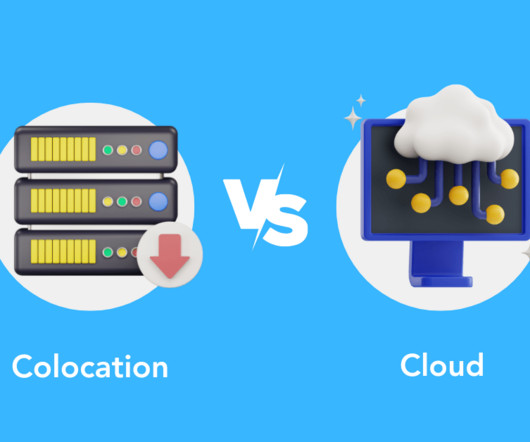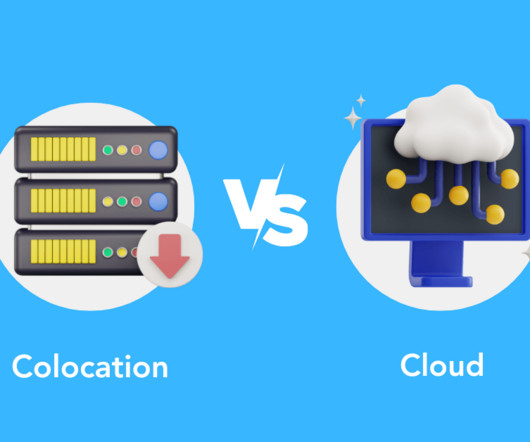AWS vs. Azure vs. Google Cloud: Comparing Cloud Platforms
Kaseya
MAY 13, 2021
As the name suggests, a cloud service provider is essentially a third-party company that offers a cloud-based platform for application, infrastructure or storage services. In a public cloud, all of the hardware, software, networking and storage infrastructure is owned and managed by the cloud service provider. Cost-Efficient.















Let's personalize your content